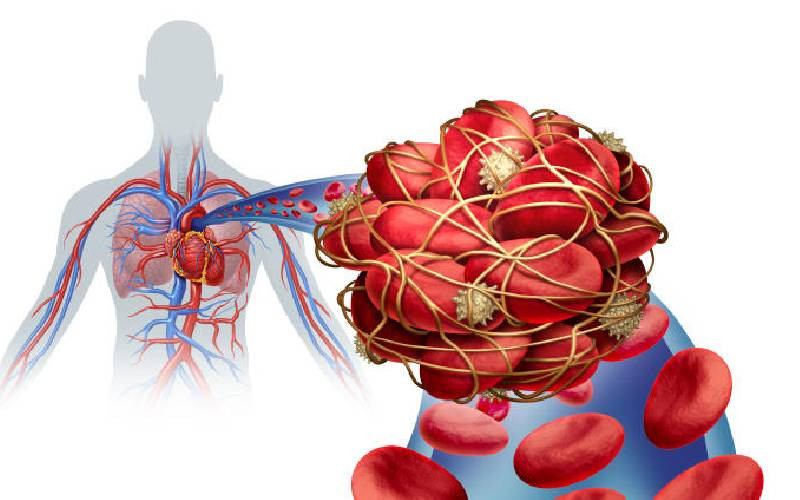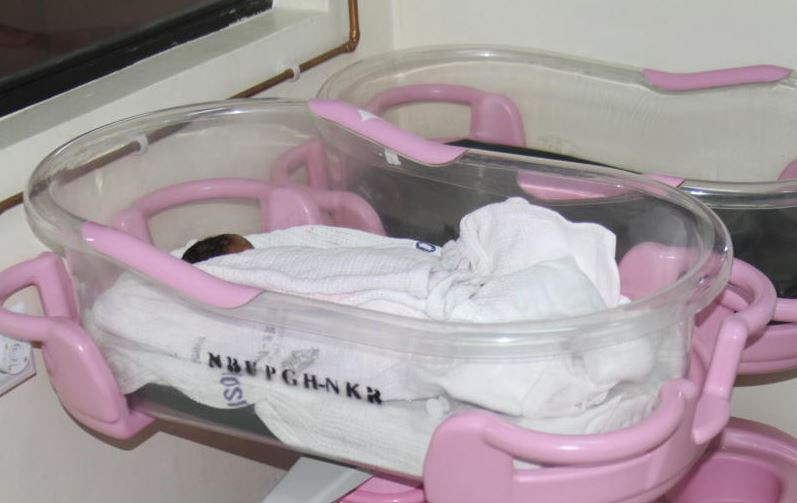
African man lying on couch during therapy session. [Courtesy, iStockphoto]
More often than not, you will hear this question: “Why can’t men just speak up?”
My initial thought was that it was merely a rhetorical question, the kind posed out of frustration when someone falls silent. However, it persisted in my mind. It remained with me because I have been one of those men, and I comprehend, on a deeply personal and painful level, why so many of us do not articulate our thoughts.
We don’t speak because silence has become our survival. From a young age, men are taught that strength means stillness. That emotion makes you less of a man. That pain must be tucked away, masked by laughter, or drowned in work, alcohol, or isolation. Vulnerability? That’s for the weak. That’s for the broken. That’s for someone else.
And yet, when we stay silent, when we bottle it all up, we’re accused of being emotionally unavailable. Distant. Cold. Immature. But the few times we do open up, we’re told to man up. To stop whining. To “toughen up” because the world isn’t gentle.
It’s a cruel paradox: Men are condemned for staying quiet and mocked when they speak.
This double bind creates a dangerous vacuum. A space where many men walk through life emotionally handcuffed, hurting in silence, while the world wonders what’s wrong with us.
I am not writing this as a professional looking from the outside in. I am writing this as a man who’s walked that tightrope—trying to appear strong, while inwardly collapsing.
- Meet mental health coach 'Hummingbird,' healing hearts and saving one soul at a time
- 'I want to stop': Young Kenyans open up about struggle with masturbation
- Unmasking the pain behind men's mental health
- One conversation at a time: How Karume is making space for men's mental health
Keep Reading
I’ve seen what silence can do. How it erodes our sense of self. How it makes asking for help feel like a betrayal of our identity. How it breeds shame instead of healing.
And I’ve seen the cost: Marriages fall apart because men don’t know how to articulate their pain. Young boys suffer in silence because no one ever taught them that crying is okay. Men withdraw or self-destruct because they fear they’ll never be heard without being judged.
So, what’s the solution? It starts with creating safe spaces—not just safe in name, but safe in culture. Spaces where men can show up in their full humanity. Where tears are not a threat to masculinity. Where vulnerability is not met with ridicule but with compassion. Where “I’m not okay” is treated as courage, not weakness.
But we can’t do this alone.
We need partners. Allies. Women who are willing to hold space without being judgmental. Fellow men who are ready to challenge toxic norms, even when it’s uncomfortable. Institutions that recognise mental wellness as essential, not optional. We need to move beyond the hashtags and the one-off campaigns. We need long-term investment in men’s emotional well-being. We need to normalise care, not crisis. To every man reading this: Your story matters.
Your struggles are valid. You don’t need to carry it all alone. You are not weak for feeling. You are not broken for needing help. You are not less of a man for speaking up. And if the world still doesn’t know how to listen, we will teach it.
This Men’s Mental Health Month, let’s do more than raise awareness. Let’s raise compassion. Let’s raise a new generation of men who aren’t afraid to feel and to heal.
 The Standard Group Plc is a multi-media organization with investments in media
platforms spanning newspaper print
operations, television, radio broadcasting, digital and online services. The
Standard Group is recognized as a
leading multi-media house in Kenya with a key influence in matters of national
and international interest.
The Standard Group Plc is a multi-media organization with investments in media
platforms spanning newspaper print
operations, television, radio broadcasting, digital and online services. The
Standard Group is recognized as a
leading multi-media house in Kenya with a key influence in matters of national
and international interest.











